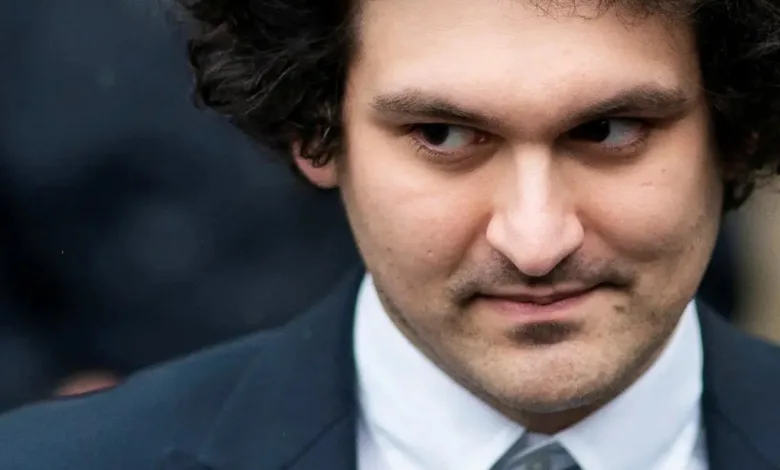
Following his conviction for fraud and conspiracy in November, Sam Bankman-Fried, the former CEO of the now-defunct cryptocurrency exchange FTX, has filed an appeal seeking a new trial. Bankman-Fried, who is currently serving a 25-year prison sentence, maintains his innocence, arguing that the trial was marred by judicial bias and constrained evidence.
Claims Of Judicial Bias
In the appeal submitted to the 2nd US Circuit Court of Appeals, Bankman-Fried’s legal team contends that Judge Lewis Kaplan, the presiding judge, displayed bias that compromised the fairness of the trial. They describe the trial as a “sentence first, verdict afterwards” scenario, accusing Judge Kaplan of rushing the jury towards a verdict without allowing sufficient time for careful consideration of the evidence.
The defense attorneys argue that Judge Kaplan created a prejudicial atmosphere, influencing the jury’s perception. They claim that the judge frequently berated defense counsel and displayed skepticism towards Bankman-Fried’s testimony, further skewing the trial’s fairness.
Evolving Narrative Around FTX
The appeal also highlights how the narrative surrounding Bankman-Fried’s activities has shifted since the trial. His legal team argues that new evidence suggests FTX was not insolvent at the time of its collapse and had significant assets to repay customers. They assert that this new information was not adequately considered during the trial, leading to an unjust conviction based on a “false narrative” portraying Bankman-Fried as a thief.
The Fallout From FTX Collapse
The collapse of FTX in late 2022 sent shockwaves through the cryptocurrency market, triggering a wave of consumer withdrawals that led to the company’s insolvency. Prosecutors accused Bankman-Fried of orchestrating a scheme to siphon billions of dollars from customer accounts to fund lavish political donations and personal expenses.
The month-long trial captured public attention, culminating in a jury finding him guilty of multiple offenses, including fraud and money laundering. Comparisons have been drawn between his case and some of the most significant financial frauds in American history. Key witnesses for the prosecution included former associates who turned against him, such as Caroline Ellison, the former CEO of Alameda Research.
The repercussions of FTX’s bankruptcy continue to be significant, with ongoing court battles and regulatory scrutiny affecting the broader cryptocurrency landscape.
A Long Journey Ahead
The appeal process is expected to be lengthy and challenging. Bankman-Fried’s legal team is advocating for a retrial with a different judge, arguing that the initial trial was fundamentally flawed. However, overturning a federal conviction is notoriously difficult, with historical data showing that less than 10% of such appeals are successful.
As the legal proceedings unfold, the implications for the cryptocurrency market and regulatory environment remain profound, indicating a long road ahead for all parties involved.
Stay tuned for more updates on this evolving story and its impact on the world of cryptocurrency.







